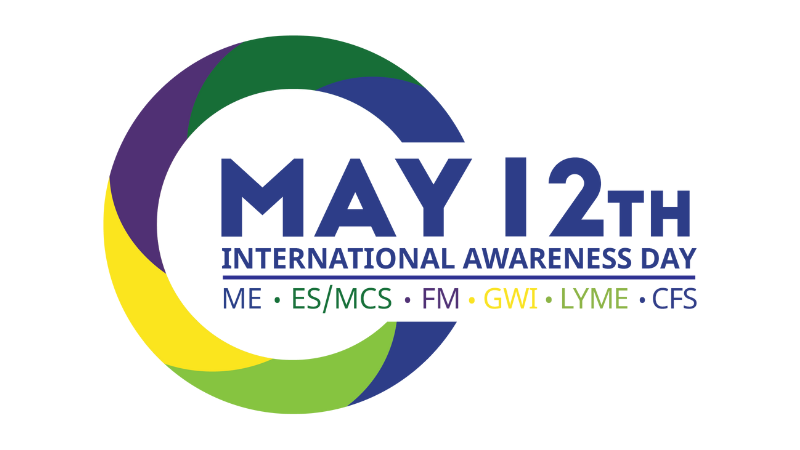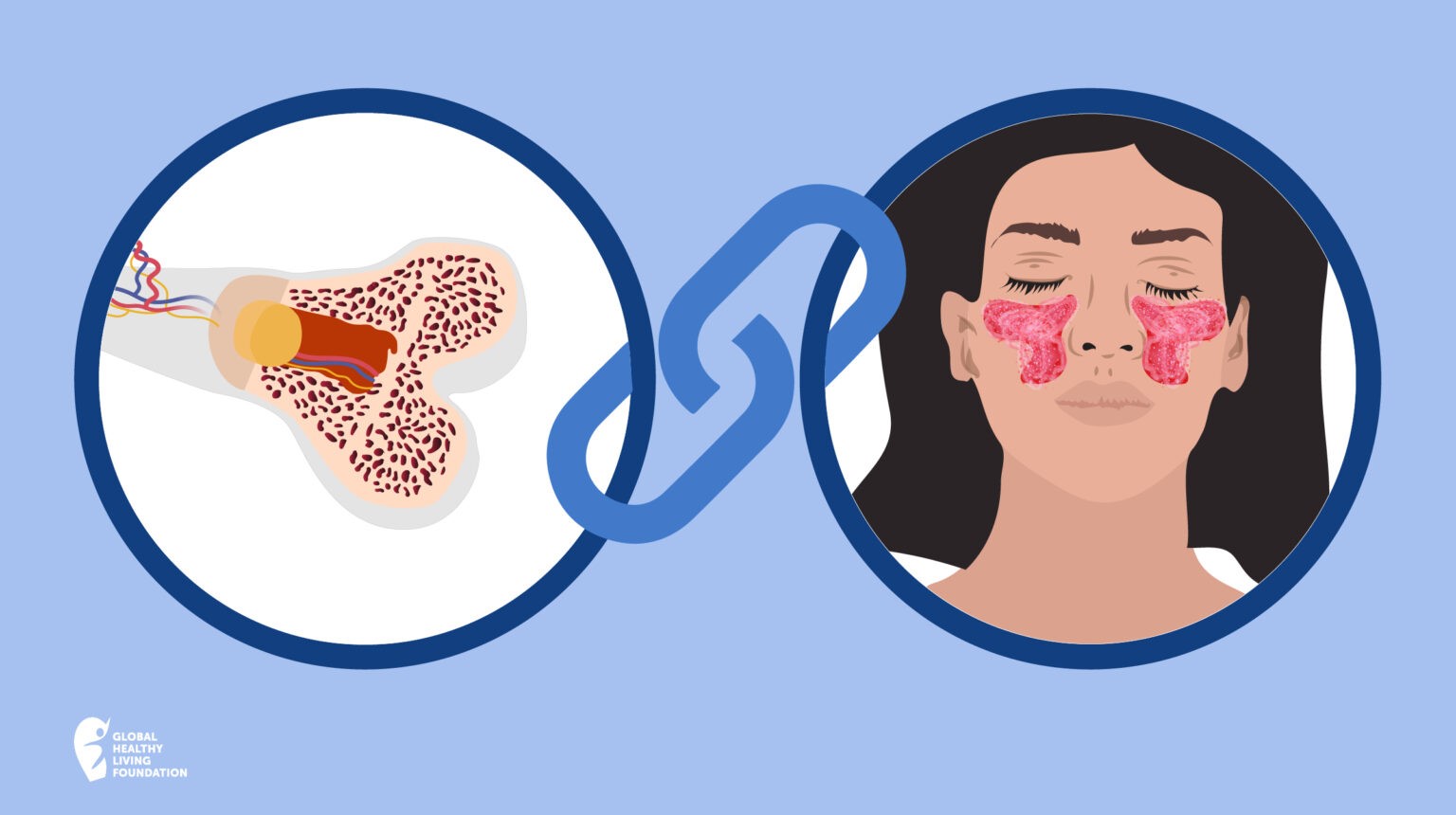Ulcerative Colitis Symptoms You Should Never Ignore
Ulcerative colitis is an autoimmune disease in which the immune system attacks the colon and causes a range of symptoms, both in the GI tract and around the body.
Symptoms of ulcerative colitis, a type of inflammatory bowel disease (IBD), can vary widely depending on how much inflammation a person has and where the inflammation is located.
Abdominal pain and bloody diarrhea are the most common warning signs of UC, and can range from mild and intermittent to severe and chronic. The pain of UC is quite common and can significantly impact quality of life. Ulcerative colitis symptoms tend to come and go, often with extended periods of time (sometimes months or even years) in between flares. These are called remission periods.
The disease tends to develop gradually over time, so you might not automatically think of ulcerative colitis or IBD if you have occasional abdominal pain or digestive distress.
Ongoing inflammation along with ulcers and abscesses in the intestines are additional common causes of pain. Scarring in the lining of the intestinal tract (called adhesions and strictures) can lead to painful obstructions. Pain may occur in different areas such as the abdomen or rectal area, depending where the inflammation is located. For example, people may experience moderate to severe pain on the left side of the abdomen if the UC affects the rectum and the lower segment of colon.
UC symptoms might ebb and flow, but they won’t go away unless you see a gastroenterologist and start treatment.
If you experience the following symptoms, especially many of them, talk to your doctor about the possibility of having inflammatory bowel disease like ulcerative colitis — and starting treatment.
Abdominal pain
Pain in the gut is common in ulcerative colitis, but it feels different from patient to patient and might be mild or severe, says Rabia De Latour, MD, gastroenterologist and assistant professor of medicine at NYU Langone Health in New York City. “Some patients report cramping, some report dull ache or pressure,” she says.
Diarrhea
Diarrhea is one of the most common symptoms of ulcerative colitis. If you’ve had bouts of diarrhea that aren’t getting better, check in with your doctor. Duration of diarrhea is important. If it lasts a couple of days, it could be an infection or something you ate. But if it lasts a couple of weeks, it could be more serious. “We try not to subject people to investigations unless they’ve had it for a month or if there’s blood,” says Glenn H. Englander, MD, gastroenterologist in West Palm Beach, Florida.
Blood in the stool
“Patients with UC can lose some blood in their stool if the inflammation is severe enough,” says Dr. De Latour. Seeing red in your stool is always a red flag. It could just be from an anal fissure or hemorrhoids, but it could also signal that something serious is going on, so talk to your doctor right away.
Urgency to pass a stool
Not only will the stool consistency change if you have ulcerative colitis, but the urge to pass could hit suddenly and strongly — even though nothing comes out. “If you have inflammation in the rectum, you have this sense of needing to get rid of something, even though it’s not there,” says Dr. Englander.
Weight loss
If ulcerative colitis stomach pain is keeping you from eating and your body isn’t absorbing nutrients properly, you might find yourself with unexpected weight loss, says Nana Bernasko, DNP, gastroenterology expert with the American Gastroenterological Association. Losing weight without trying is always something that merits a conversation with your doctor.
Fatigue
This ulcerative colitis symptom is beyond what you experience after a bad night’s sleep. Here’s the difference between feeling tired and having fatigue: “You feel sleepiness in your head,” says Dr. Englander. “You feel fatigue in your body.” Fatigue on its own won’t clinch a UC diagnosis, but when it’s paired with abdominal or stool-related symptoms, it could be part of the constellation of symptoms that signal you could have ulcerative colitis.
Anemia
When you lose blood in the stool, you could lose iron too, which is why anemia is sometimes associated with ulcerative colitis, says Dr. De Latour. Fatigue could be one sign that your iron levels are low, but other signs of anemia include lightheadedness and pale skin.
When Symptoms Get Severe
In some cases, UC can in some cases cause life-threatening complications including severe bleeding, perforated colon, and severe dehydration. If any of these conditions are present, it’s a medical emergency and the person should get immediate medical attention. UC can also cause an increased risk of colon cancer and blood clots in the veins and arteries.





